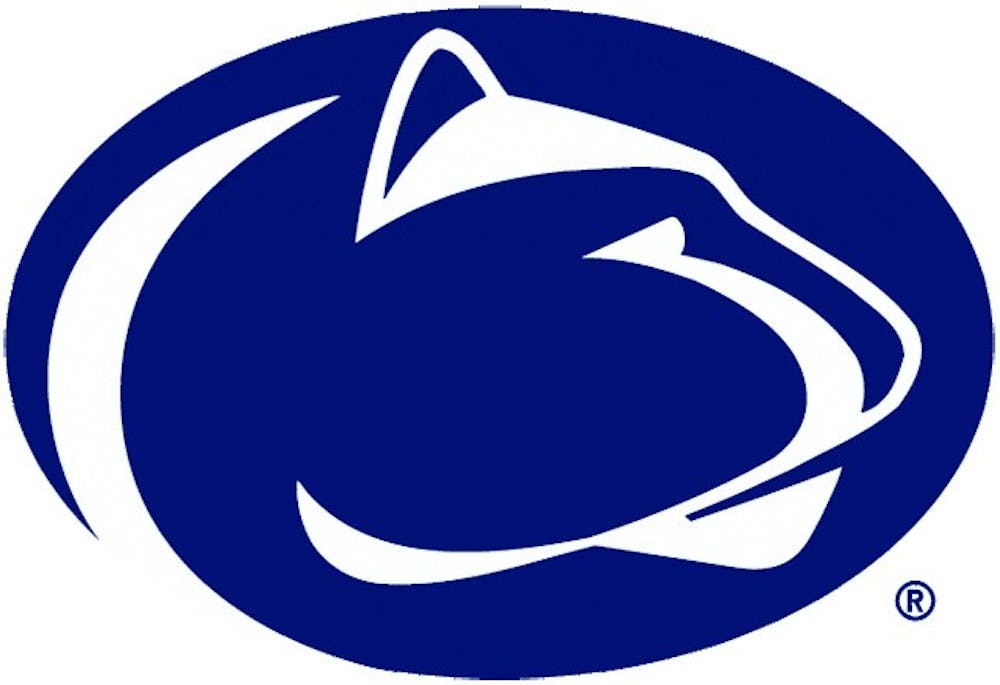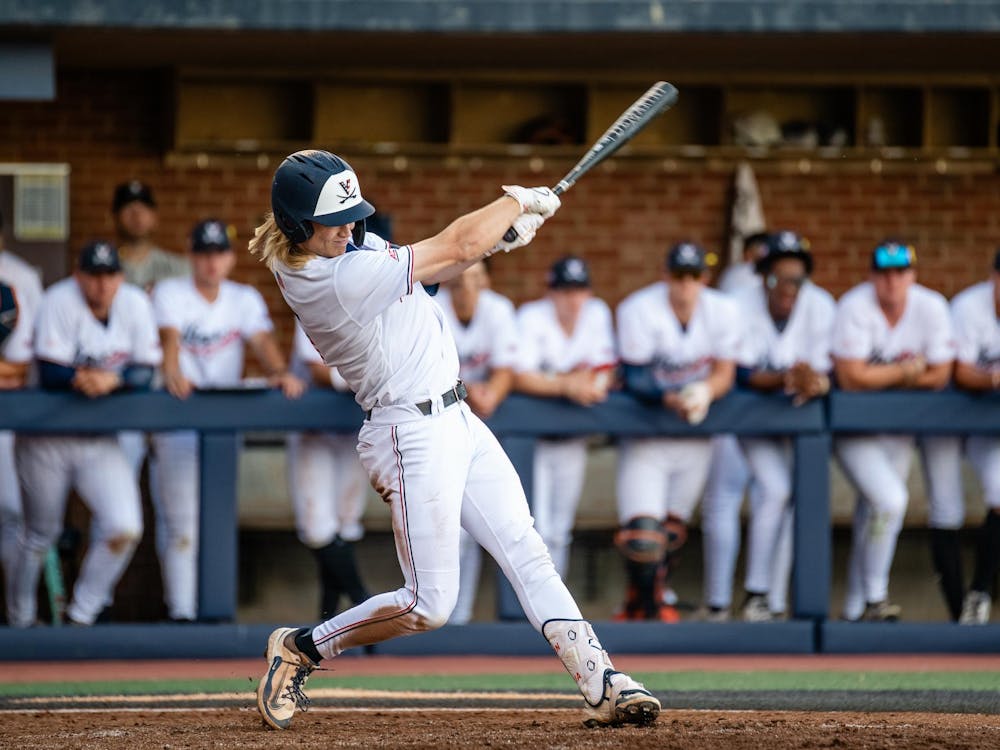Last Saturday, two unranked teams squared off to begin their 2012 campaigns. In a sport that values high stakes and compelling action, the game offered only lukewarm excitement and held virtually no national championship significance, with the visitor rallying for a 24-14 win.
Because it was Penn State’s first game, however, this otherwise unremarkable tilt garnered extensive national media attention. In the wake of former Penn State defensive coordinator Jerry Sandusky’s conviction on 48 counts of sexual abuse-related crimes and the ensuing Freeh Report, which slammed iconic late coach Joe Paterno and other administrators for their inaction, the national microscope remains squarely fixed on a program seeking redemption after a stunning and well-publicized collapse. This week, Penn State football and its accompanying media circus invade Scott Stadium for a nationally televised matchup against coach Mike London’s Virginia squad.
“We all understand it’s a 12 o’clock ABC game — national TV,” London said of the surplus attention. “There are opportunities, and we’ve been on national TV before, so we’re excited about the challenge that this Saturday brings.”
Even though a home game against a potent Big 10 foe on ABC certainly presents a “challenge” for London, it pales in comparison to the daunting task the next several years will pose for new Penn State coach Bill O’Brien.
After reviewing the inflammatory contents of the Freeh Report, the NCAA crushed a Penn State program that reached 37 bowl games under Paterno. College sports’ governing body cut 10 scholarships per year and prohibited the Nittany Lions from participating in postseason play the next four years, tacking on a $60 million fine to boot. Now, O’Brien faces the unique challenge of restoring success and dignity to a program once regarded as a paragon of both.
“You appreciate the job that he has and the task that he has of getting his team prepared and ready to play despite all the obstacles and things that occurred there,” London said of O’Brien.
Beyond the crippling sanctions, the most obvious hindrance to O’Brien building a successful foundation in State College, Penn. involves selling ambitious young athletes on his program despite the impossibility of postseason play. Nine players have transferred since the NCAA imposed the penalties July 23, including 2011 leading rusher Silas Redd, and the dearth of scholarships for the next several years means that O’Brien will be hard-pressed to supply his roster with enough depth to field a competitive team.
“I couldn’t imagine having to deal with that, and keeping the guys loyal, keeping the guys wanting to come to the school, keeping the guys — particularly, maybe the younger sophomores, freshmen — that are already on the team that will be highly impacted by this,” London said. “He’s got a tough job.”
Roster-related worries should also prompt O’Brien to rely more on walk-ons, whom he endearingly refers to as run-ons, especially those from Pennsylvania.
Another of the multitude of concerns for O’Brien in his first year at the helm is the potential taunting from opposing crowds. Though he admitted the prospect of his team constantly contending with acrimonious stadiums does concern him, O’Brien pointed out that no trip to Scott Stadium or any of the stadiums in the tradition-laden Big Ten passes easily.
“We’ve got to be able to deal with the crowd noise, because that’s the biggest thing,” O’Brien said. “Not what they’re yelling, but how loud they are.”
Against all odds, though, reasons for optimism endure in Happy Valley. To be sure, the Nittany Lions still feature a formidable roster, with more than 90 percent of the players staying put following the Freeh Report. Hopefully for O’Brien, experienced stalwarts such as senior incumbent starting quarterback Matt McGloin and standout senior defensive tackle Jordan Hill can fuel unexpected success in 2012 and inspire younger teammates to emulate their leadership in subsequent years.
“We’ve got a really tough senior class, a mentally tough senior class,” O’Brien said. “So we’ll be leaning on them all year.”
Another reason for hope rests in the proud Penn State community. As the crowd of 97,186 present for last weekend’s home opener against Ohio illustrated, the Penn State community remains as fervently supportive as ever of its darling team.
“I was thrilled with the crowd … That was pretty neat,” O’Brien said.
Neat, indeed — and a tremendous boon to a group of players that need encouragement as much as anyone.
In a stark contrast to the tumult swirling at Penn State, the Virginia football program is enjoying its most stability in years, thanks to London’s steady tutelage. After reaching the Chick fil-A Bowl last year, the Cavaliers opened 2012 with a strong performance against Richmond. In meeting the Nittany Lions, however, Virginia confronts a peculiar dilemma: playing a team that is at once deteriorating and thriving. If the Cavaliers win as ten-point favorites, they will have merely scored a victory against a program in tatters. A loss, however, could raise serious questions about their ability to compete for an ACC Championship, even though it would be a loss to a talented Big 10 force.
“That’s a team that was a bowl team last year,” London said. “So I see a team that, outside of all the other stuff that’s going on, played at home, played hard [and] didn’t come up with the win. But I know that [O’Brien] will have them ready to travel and play against us.”
In light of the many nuances and complexities stemming from the Sandusky debacle, then, the national obsession with Penn State will persist for the foreseeable future.
For his part, London has considered how O’Brien will weather one of the most difficult and bizarre sets of circumstances in sports history: by seeking refuge from the off-field pandemonium in the game itself.
“I would imagine that as he talks to the team, the only non-distraction is actually the game itself, the practices itself, the moments that all you’re thinking about is just football and playing,” London said.







